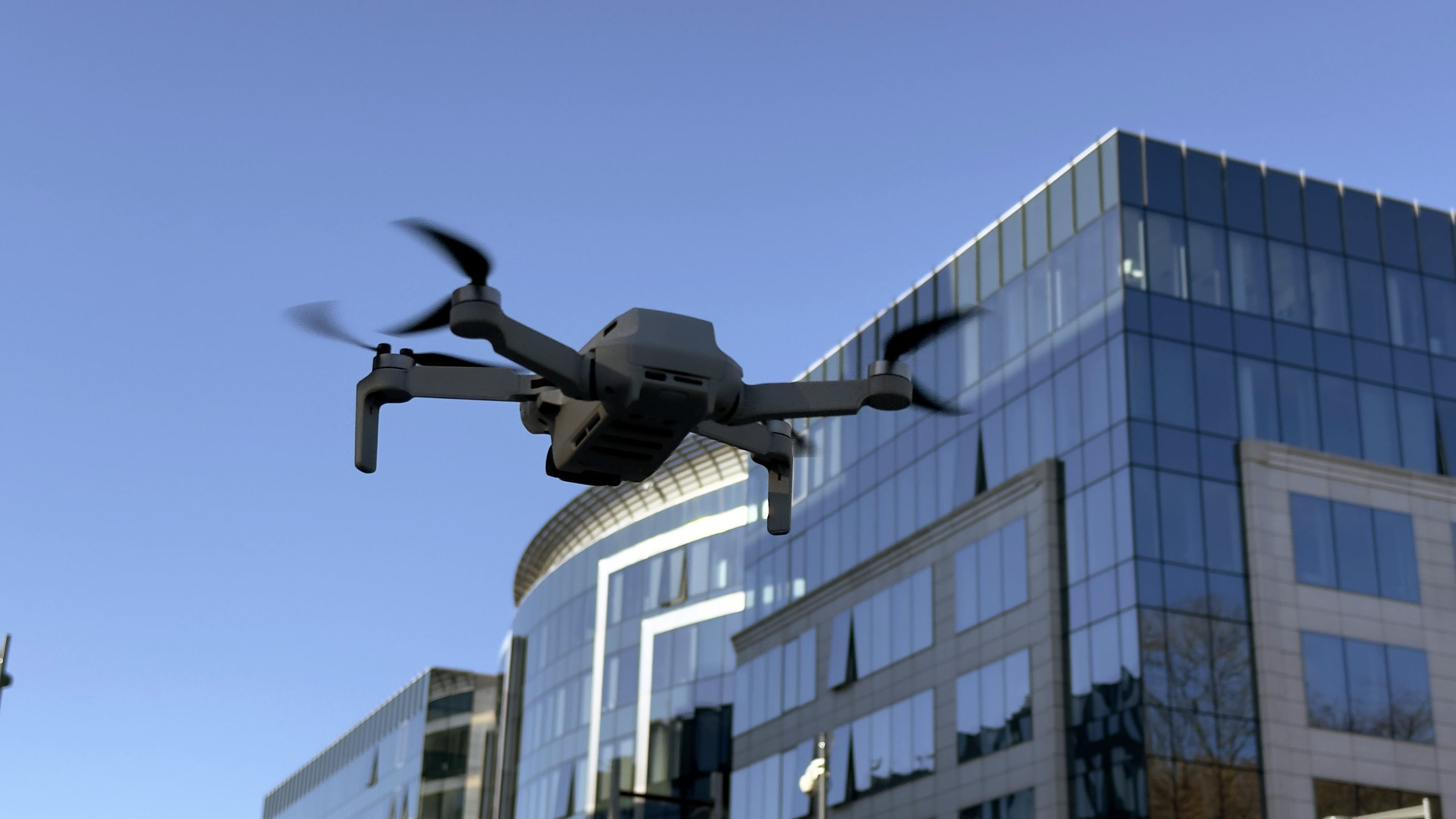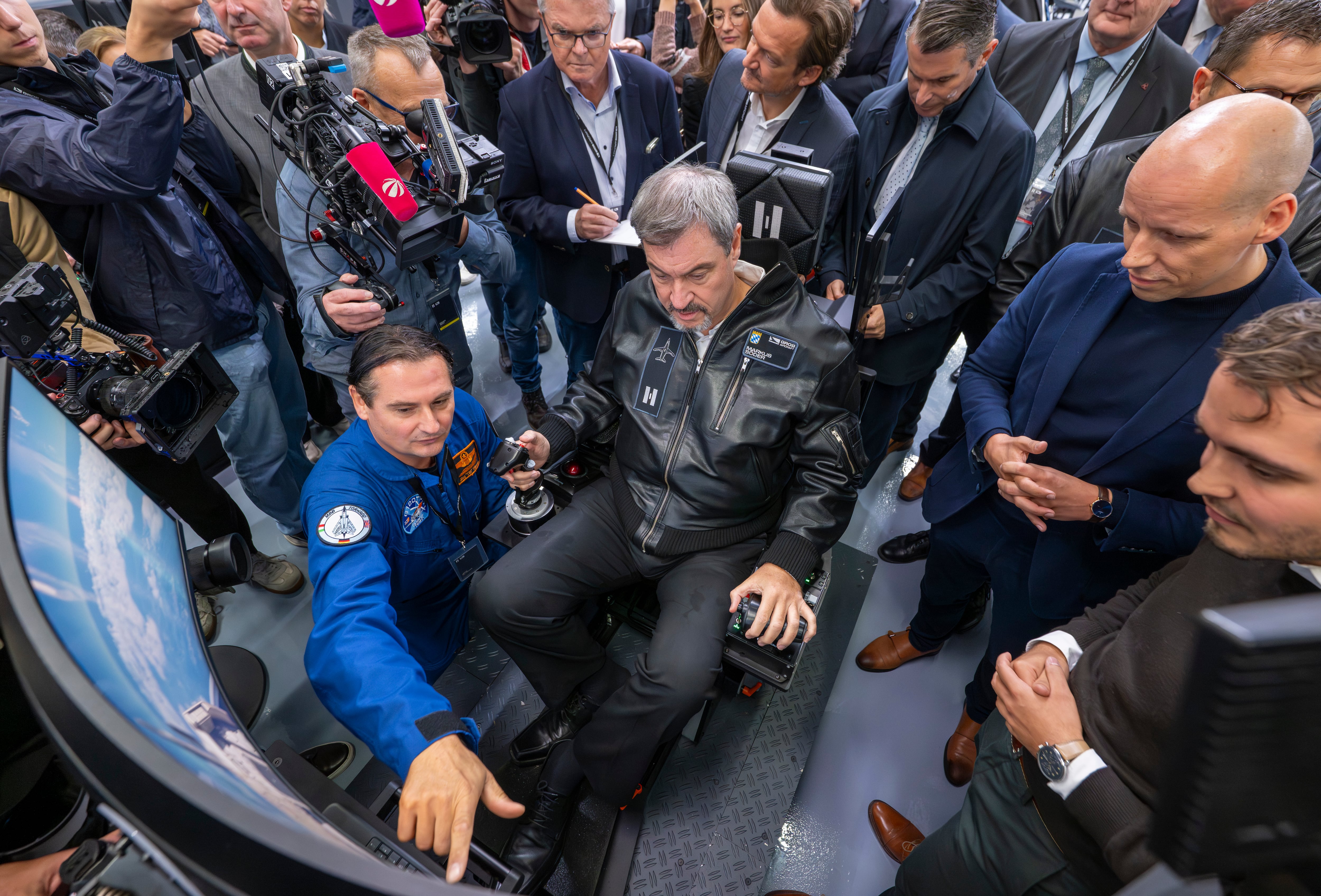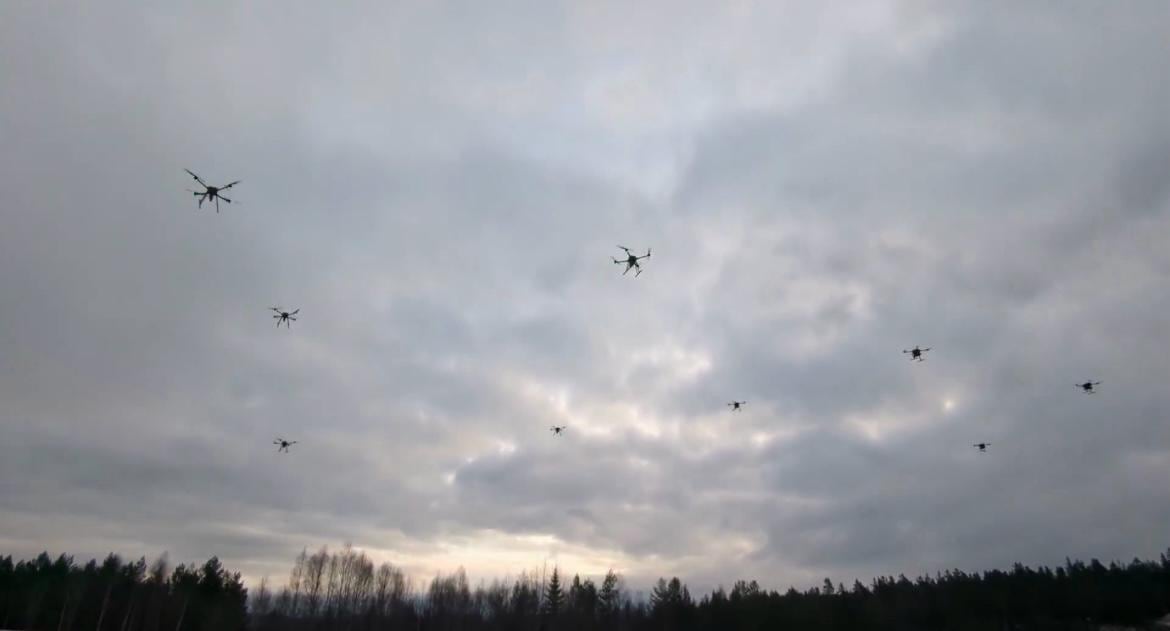The Army wants to see new approaches to positioning, navigation and timing technologies and released a solicitation Nov. 24 specifically looking for ways industry can enhance those capabilities for soldiers fighting on land.
[Army still working long-term acquisition strategy for PNT]
The announcement, issued through the Army’s Communications-Electronics Research, Development and Engineering Center, lists 10 areas of research interest. Below is a breakdown of the capabilities and the Army’s goal for each project:
[Army rapid prototyping office wants EW, PNT solutions]
- Pseudolite systems. Goal: Improved situational awareness and support to mission command.
- Vehicle navigation system. Goal: Develop, design, and demonstrate ground vehicle mounted PNT systems for the benefit of mission command.
- Inertial navigation. Goal: Provide improved situational awareness capabilities.
- Positioning. Goal: Advance the state of-the-art regarding location determination and/or orientation technologies for the benefit of improved mission command.
- Aiding sensors for navigation systems. Goal: Identify, develop ,demonstrate and advance navigation aiding technologies for dismounted soldiers and ground vehicle platforms where GPS performance is degraded or unavailable.
- Navigation sensor fusion. Goal: Advance the area of navigation sensor fusion for mounted and dismounted soldier applications.
- Biometric for navigation purposes. Goal: Advance the state of the art in PNT through biologically-inspired technologies as they relate to mission command.
- Timing for PNT systems. Goal: Advance the area of accurate timing sources and time transfer technologies for Army applications.
- Modeling and simulation for PNT. Goal: Demonstrate the application of modeling and simulation to each of the other PNT topics previously mentioned.
- Technologies for navigation warfare applications. Goal: Demonstrate NAVWAR technologies.
- Autonomy and artificial intelligence application for PNT. Goal: Demonstrate the application of autonomy and/or AI technologies and techniques for each of the other PNT topics previously mentioned.
Mark Pomerleau is a reporter for C4ISRNET, covering information warfare and cyberspace.








